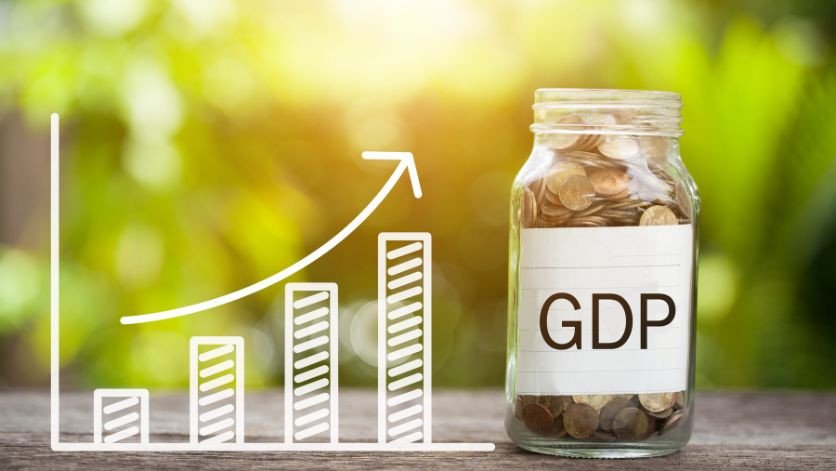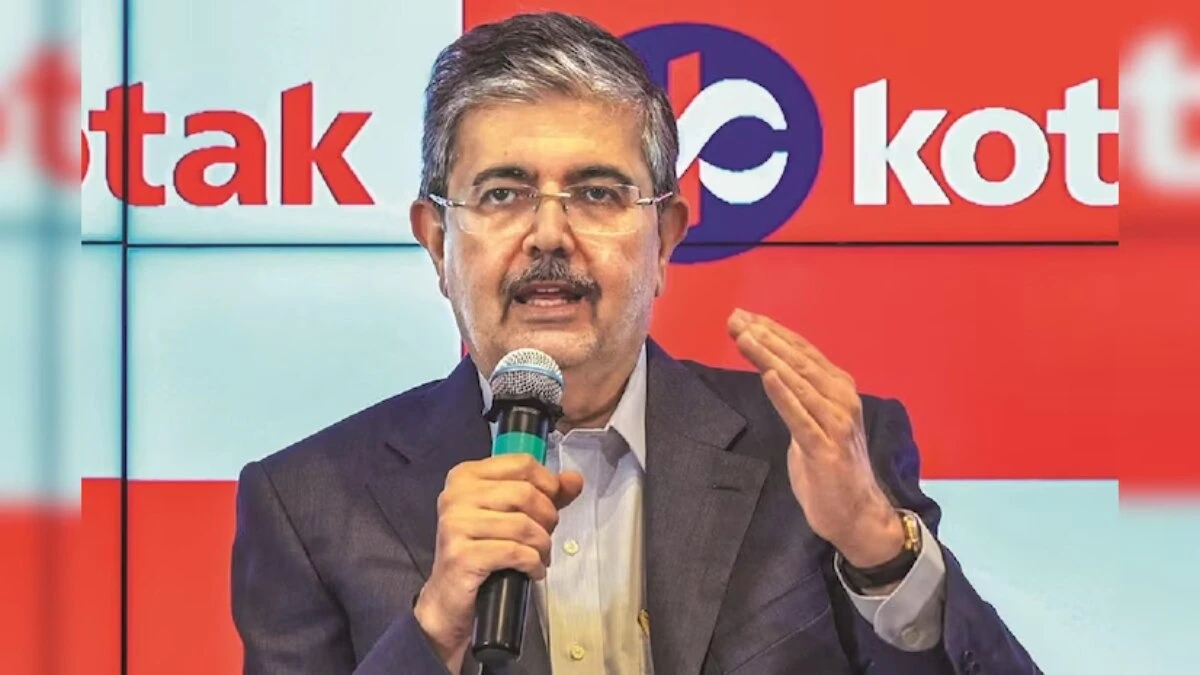Share

Moody’s Ratings boosted India’s GDP growth forecast to 7.2% for 2024 and 6.6% for 2025, highlighting solid growth and moderating inflation as key factors. The update also notes improvements in corporate balance sheets, rural demand and digital infrastructure investments, signalling a robust economic outlook for the country. The ratings agency noted that growth could exceed projections if private consumption gains additional traction. Moody’s Ratings highlighted that the Indian economy currently benefits from a blend of solid growth and moderating inflation. This assessment was part of their August update for the Global Macro Outlook for 2024-25. According to Moody’s, from a macroeconomic perspective, the Indian economy is in a sweet spot, with the mix of solid growth and moderating inflation and they have raised the real GDP growth projections for the Indian economy for 2024 and 2025.
The Indian economy showed a year-over-year expansion of 7.8% in the first quarter of 2024, despite the challenges posed by tight monetary policies and ongoing efforts towards fiscal consolidation. Moody’s pointed out that signs of a revival in rural demand are emerging, bolstered by improving agricultural output prospects due to above-normal rainfall during the monsoon season. Bank and non-financial corporate balance sheets are in a much healthier state, compared to pre-pandemic levels. Companies are also increasingly turning to equity and bond markets to raise capital. Additionally, a recent paper by the RBI forecasts a 54% surge in private capital expenditure for the current financial year. The capex cycle should continue to gain steam amid rising capacity utilisation, upbeat business sentiment and the Government’s continued thrust on infrastructure spending. Supporting these growth dynamics is the rapid and widespread digitalisation of the economy. This is driven by Government investments in digital public infrastructure, increased telecom and internet penetration and low data usage costs. India’s external position has also improved in recent years, with a significant reduction in the current account deficit. The quarter ending in March 2024 even registered a modest surplus, the first in 10 quarters, mainly due to the robust service exports and strong remittance inflows.
Additionally, India’s ample foreign exchange reserves accumulated over the past decade provide the Reserve Bank of India (RBI) with the capacity to intervene in forex markets to dampen rupee volatility during crises. Over the medium and longer term, India’s growth prospects depend on how well the country can productively tap its substantial pool of labour force. Nevertheless, 6-7% growth should be possible for the economy sheerly on the basis of present conditions. India’s population has a median age of 28 years, with about two-thirds in the working age group. While employment generation and skill development remain Government priorities, the extent to which India can benefit from its demographic dividend will hinge on the effectiveness of these policies.
Related Posts
SEARCH SMECONNECT-DESK
RECENT POST
- Is cybersquatting threatening your brand?
- How decentralised credit enables SMEs, MSMEs
- India Unveils New Electronics Manufacturing Scheme to Boost Global Role:
- Indian Passport Update: Modi Govt. brings new changes, imposes stricter…, DOB, parents’ name, address and…
- Here are 12 Business Founders to keep an eye on in 2025:









